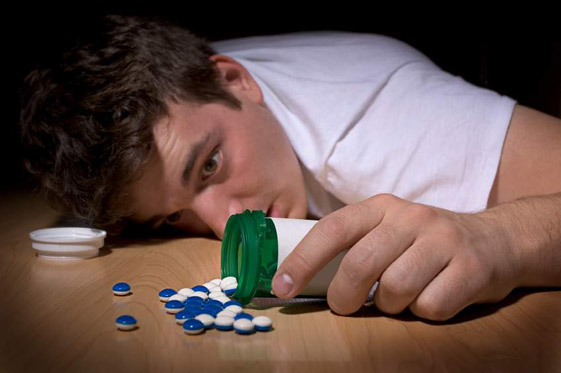
When ‘Medicine’ Makes Things Worse
by Stefan Kruszewski, Psychiatrist —In the past, psychiatric physicians have diagnosed homosexuality, paraphrenia, paranoia, narcissism, neuroses, combat fatigue and other entities, treating those “disorders” with a variety of therapies, including pills. More recently, psychiatrists diagnose bipolar disorder not otherwise specified (NOS), adult attention deficit disorder and pre-psychotic conditions, for which they may prescribe pills. The problem is that some of those earlier diagnoses like (homosexuality, neuroses, combat fatigue, paranoia and paraphrenia) no longer exist as entities recognized by the DSM-IV-TR — the most current compendium of mental conditions and disorders.
Virtually anyone at any given time can meet the criteria for bipolar disorder NOS or ADD. Anyone. And the problem is everyone diagnosed with even one of these illnesses triggers the pill dispenser. Taking stimulants, antidepressants, antipsychotics or off-label use of anti-convulsants often obscures the real problem and instead adds a new layer of unintended adverse events that only make conditions worse.





SHARE YOUR STORY/COMMENT: